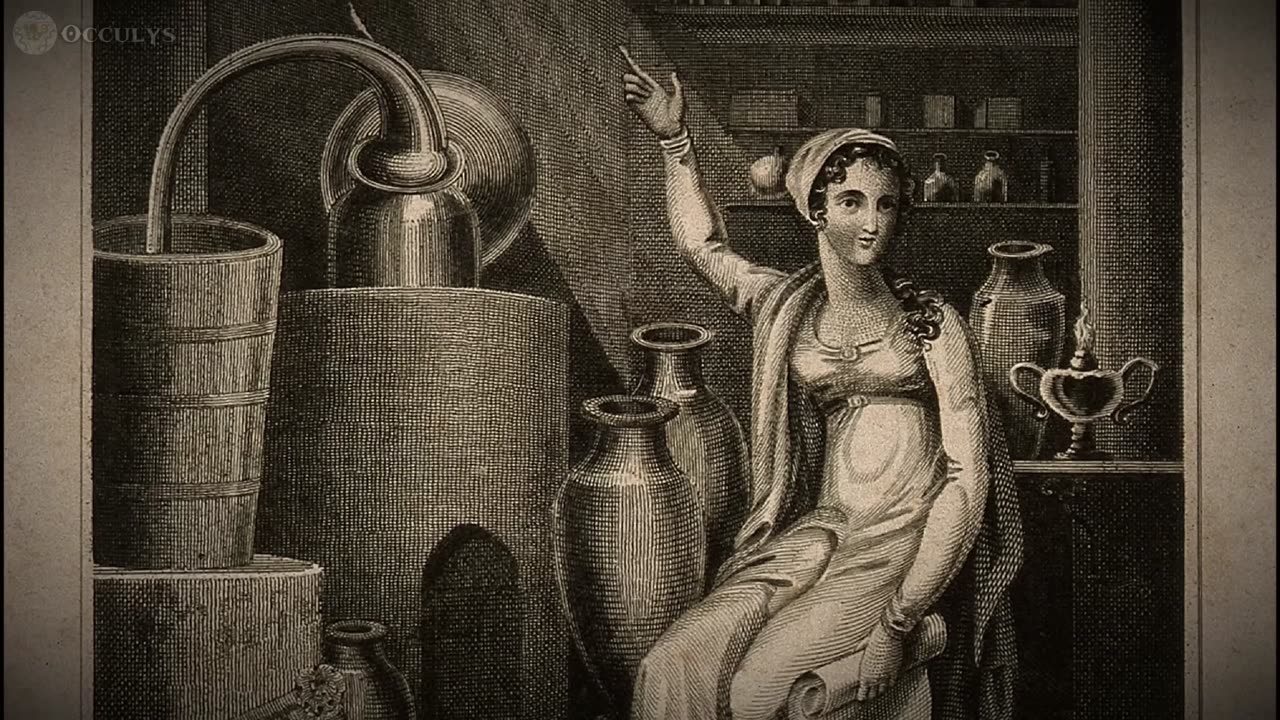Premium Only Content

Plato's Gnosis: The Philosopher's Divine Ascent- the Philosopher's Stone.
Plato’s philosophy laid the foundation for nearly every idea later found in Gnosticism, the divine spark, the fallen world, and the search for hidden knowledge. In this video, we explore how Plato’s Theory of Forms, the Allegory of the Cave, and the concept of the Demiurge evolved into the core of Gnostic thought. Discover how ancient Greek philosophy became the spiritual blueprint for the Gnostics, revealing the secret connection between Plato’s metaphysics and the mystical idea of gnosis, knowledge as salvation.
======================================>
The phrase “Ignorance is slavery, knowledge is freedom” resonates deeply with Gnostic thought, especially as seen in the Apocryphon (Secret Book) of John. In that text, ignorance (agnoia) is portrayed as the primary force that traps the human spirit in material illusion, while gnosis—true inner knowledge or divine understanding—is what liberates the soul.
In Gnostic cosmology, the material world is ruled by lower powers (the Archons) who keep humanity enslaved through deception and ignorance. The Savior figure—often identified as the true Christ or Logos—brings knowledge (gnosis) to awaken people from that spiritual sleep. In that context, your phrase essentially echoes the Gnostic core:
Ignorance binds the soul to illusion; knowledge reveals the divine and sets it free.
So yes — your line aligns almost word-for-word with the Gnostic interpretation of spiritual liberation.
Would you like me to show how that idea appears directly in the Apocryphon of John or across other Gnostic writings (like the Gospel of Thomas or Pistis Sophia)?
-
 2:08:50
2:08:50
Badlands Media
9 hours agoDevolution Power Hour Ep. 402: Arctic Frost, Trump’s Third Term & The G2 Showdown
73.7K52 -
 2:05:48
2:05:48
Inverted World Live
8 hours agoUFO Seen Over Tokyo During Trump Visit | Ep. 132
59.5K18 -
 2:54:08
2:54:08
TimcastIRL
6 hours agoDemocrat FEDERALLY INDICTED For Obstructing ICE Agents In Chicago | Timcast IRL
214K97 -
 7:17:25
7:17:25
SpartakusLIVE
8 hours agoNEW - REDSEC Battle Royale || The Duke of Nuke CONQUERS ALL
44.5K8 -
 2:38:39
2:38:39
PandaSub2000
1 day agoNintendo DS Night | ULTRA BEST AT GAMES (Original Live Version)
21.5K17 -
 4:05:07
4:05:07
Alex Zedra
5 hours agoLIVE! Battlefield RecSec
27.9K9 -
 1:26:50
1:26:50
The Quartering
6 hours agoErika Kirk Threatened, SNAP Riots Near, & New AstroTurfed Woke Lib Influencer
52K26 -
 29:24
29:24
Glenn Greenwald
8 hours agoSen. Rand Paul on Venezuela Regime Change, the New War on Drugs, MAGA Rifts, and Attacks from Trump | SYSTEM UPDATE #539
131K112 -
 1:45:39
1:45:39
Badlands Media
20 hours agoAltered State S4 Ep. 3: EBT Riots, Shutdown Chaos & The Left’s Cannibalistic Meltdown
57.1K34 -
 2:07:35
2:07:35
This is the Ray Gaming
4 hours ago $0.43 earnedRedacted Sector Day 2 | Rumble Premium Creator
18.1K8